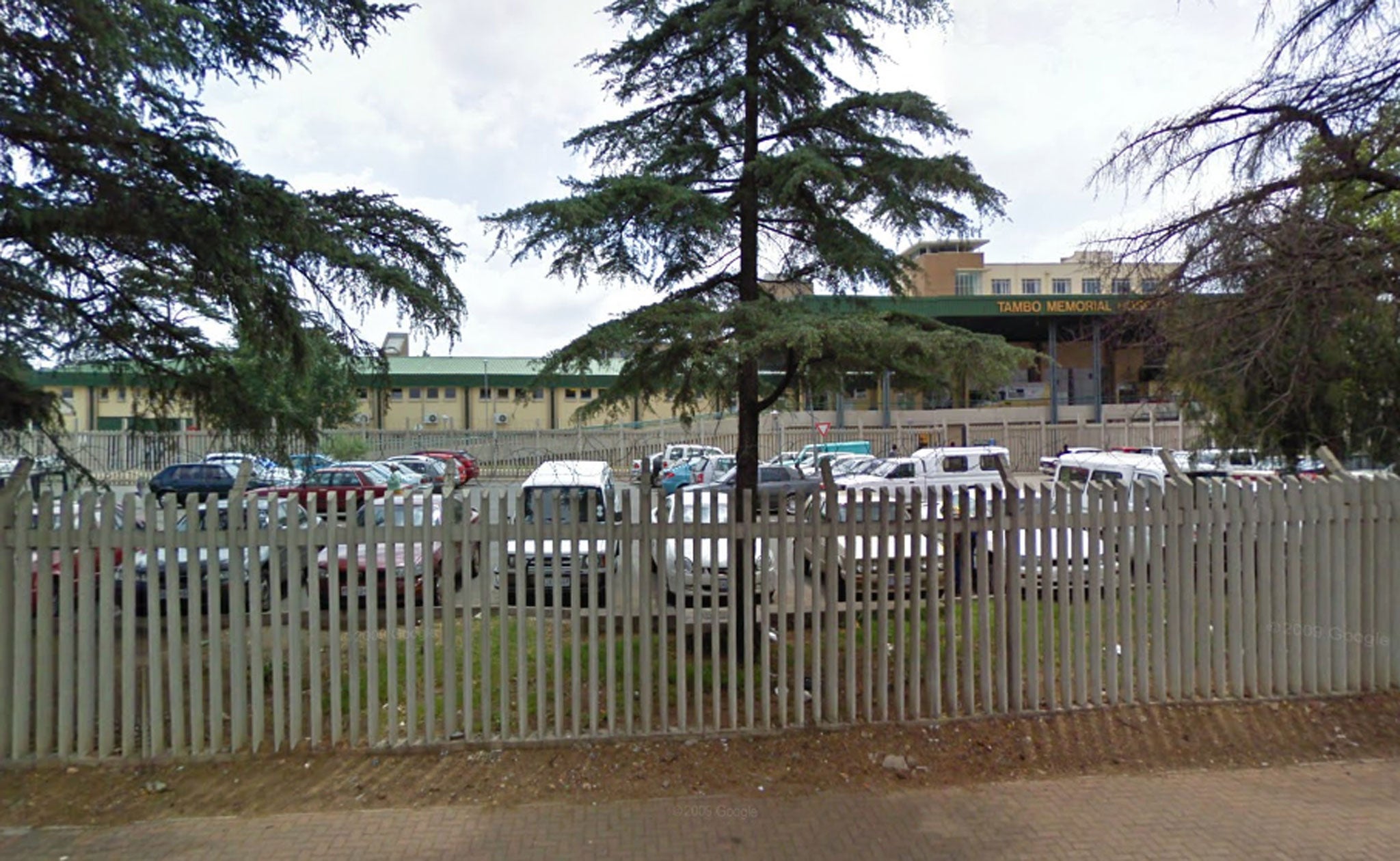South African court to decide on fate of babies switched at birth
One of the mothers involved wants to keep her daughter - but the other wants her biological child back

Your support helps us to tell the story
From reproductive rights to climate change to Big Tech, The Independent is on the ground when the story is developing. Whether it's investigating the financials of Elon Musk's pro-Trump PAC or producing our latest documentary, 'The A Word', which shines a light on the American women fighting for reproductive rights, we know how important it is to parse out the facts from the messaging.
At such a critical moment in US history, we need reporters on the ground. Your donation allows us to keep sending journalists to speak to both sides of the story.
The Independent is trusted by Americans across the entire political spectrum. And unlike many other quality news outlets, we choose not to lock Americans out of our reporting and analysis with paywalls. We believe quality journalism should be available to everyone, paid for by those who can afford it.
Your support makes all the difference.A South African mother has refused to hand over her four-year-old daughter after it was revealed that the child was accidentally switched with another baby at birth.
The woman, from the country’s Gauteng province, is locked in a dispute with the little girl’s biological mother, who wants her child back.
And now the case has been referred to the high court, which will rule on the future of the two children, officials said on Wednesday.
The babies were born on the same day in 2010 at the Tambo Memorial Hospital in Johannesburg but ended up going home with the wrong mothers, the hospital confirmed – it did not provide an explanation for the mistake.
But the accident was not revealed until one of the mothers underwent tests when her ex-husband refused to pay child maintenance because he believed he was not the father.
“They did a paternity test and it was established that neither party was the parent of the child. They went back to the hospital and it was confirmed they had been swapped at birth,” Henk Strydom, the lawyer of one of the mothers, told Reuters.
“She was absolutely devastated. She was traumatised,” Strydom added.
“My client wants her baby back. She is the biological mother of the child.”
But the other mother in the case does not want to exchange the girls, leaving the North Gauteng High Court to decide if the children should be returned to their biological mothers. The names of those involved cannot be published for legal reasons.
The mothers met each other and their biological daughters last year and have been attending joint therapy sessions arranged by the hospital since December.
The court has asked the University of Pretoria's Centre for Child Law to investigate what would be in the best interests of the children and report back to the judge in 90 days.
“We have been authorised to investigate the matter and to give our report and recommendations. It will be up to the court to make the final decision,” a spokeswoman at the centre said.
Strydom compared the case with a story in the Hebrew Bible when King Solomon unveils the truth after two women claim to be the mother of a child.
“Someone has to make a very difficult decision. It really is a situation on a biblical scale,” Strydom said.
Bruce Laing, a clinical psychologist in Johannesburg, said the long-term effects of a baby swap could be “profound”, “terrifying and incredibly traumatising”.
He told the Times of South Africa: “An increasingly complicated situation is that some resentment towards a child that is not yours might occur. The parents might always be thinking 'What if?'”
Last year, a Japanese man was awarded £222,000 in damages after an accidental swap at birth saw him taken from his wealthy parents and consigned to a life of poverty.
However in 2011, a pair of 12-year-old Russian girls who were switched at birth decided that they wanted to stay with the families who had been raising them rather than returning to their biological parents.
Additional reporting by Reuters
Join our commenting forum
Join thought-provoking conversations, follow other Independent readers and see their replies
Comments